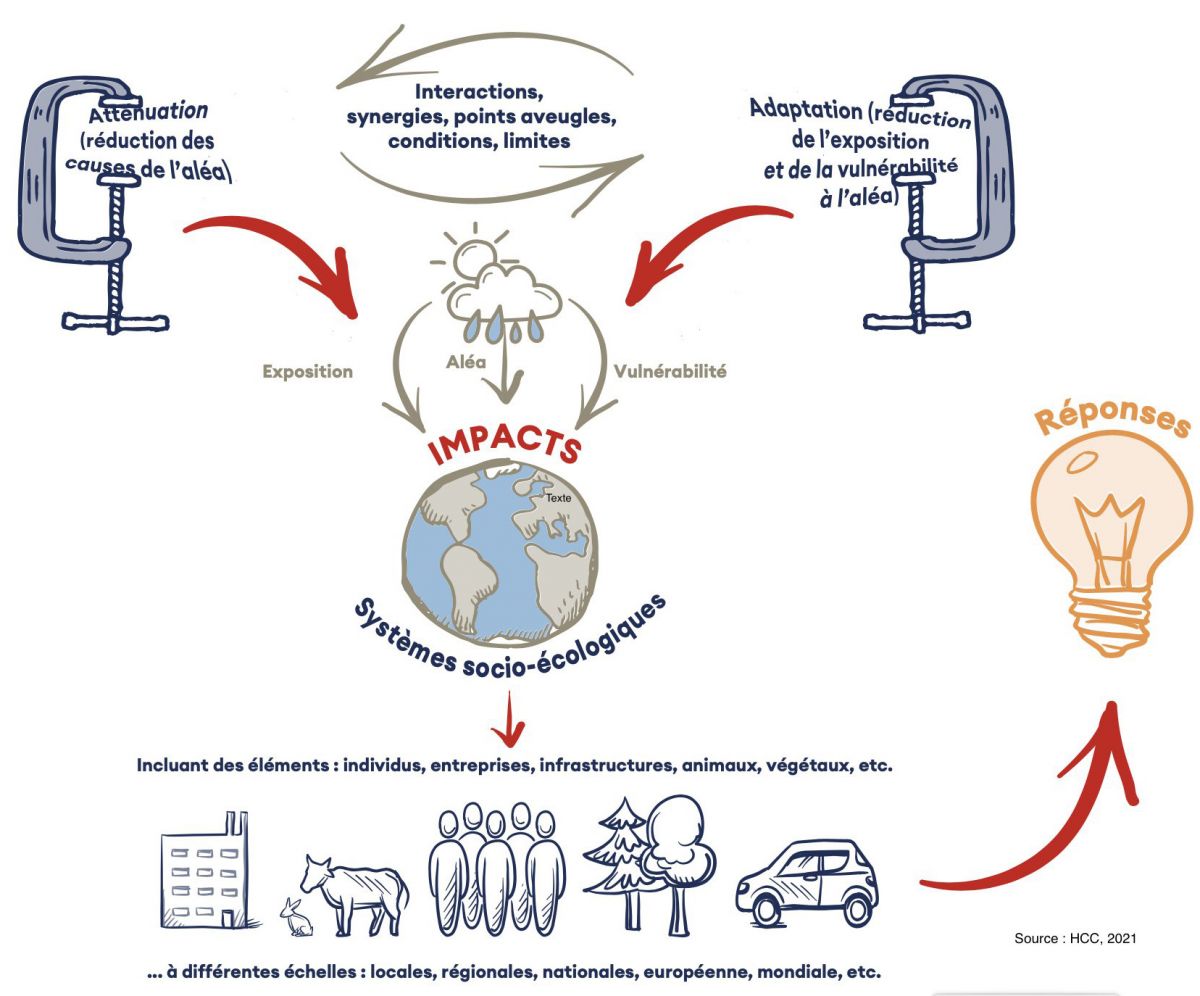Dealerships Intensify Fight Against EV Sales Quotas

Table of Contents
1. Financial Burden of EV Inventory and Infrastructure
The core of the dealerships' discontent stems from the significant financial burden associated with meeting aggressive EV sales quotas. Unlike gasoline-powered vehicles, EVs present a unique set of challenges that impact profitability. These challenges extend beyond just the initial purchase price of the vehicles themselves.
- Higher initial investment in EV models: Electric vehicles often command a higher sticker price than comparable gasoline-powered vehicles, requiring dealerships to tie up substantial capital in inventory.
- Need for specialized EV service equipment and trained technicians: Servicing EVs necessitates specialized tools and training for technicians, representing a significant upfront investment and ongoing operational cost.
- Potential for slower EV sales compared to established gasoline models: Despite the push for EV adoption, consumer demand hasn't universally caught up with manufacturer expectations, leading to slower sales and increased inventory holding costs.
- Lack of government incentives to offset these costs for dealerships: While government incentives exist for consumers purchasing EVs, these often don't adequately address the increased costs and risks faced by dealerships in stocking and servicing them.
Furthermore, the infrastructure investment needed to support EV sales adds another layer of financial strain. Dealerships must invest in charging stations, specialized EV diagnostic equipment, and employee training, all of which contribute to the overall financial burden of meeting EV sales quotas. This significant investment, coupled with the potential for lower EV sales compared to traditional vehicles, threatens the profitability and even the viability of some dealerships. The impact could lead to dealership closures and a contraction of the sales network, ultimately hindering the broader adoption of EVs.
2. Consumer Demand and Market Readiness for EVs
A central argument in the dealerships' resistance to EV sales quotas is the mismatch between the mandated quotas and the current level of consumer demand. While EV adoption is growing, several factors limit widespread market acceptance:
- Range anxiety and charging infrastructure limitations: Many consumers remain hesitant due to concerns about limited range and the availability of convenient public charging infrastructure.
- Higher purchase prices compared to gasoline vehicles: The higher upfront cost of EVs compared to gasoline vehicles remains a significant barrier to entry for many potential buyers.
- Lack of consumer awareness and understanding of EV technology: A lack of understanding surrounding EV technology, charging processes, and maintenance requirements can deter potential customers.
- Regional disparities in EV adoption rates: EV adoption rates vary significantly across different regions, with some areas showing far greater readiness than others, making uniform national quotas problematic.
Dealerships argue that the imposed EV sales quotas are unrealistic given these existing market limitations. They contend that forcing them to stock and sell EVs at a rate exceeding consumer demand creates unsustainable financial pressures.
3. Dealer Pushback Strategies and Lobbying Efforts
Faced with what they see as untenable EV sales quotas, dealerships are employing various strategies to push back:
- Legal challenges and lawsuits against manufacturers: Some dealerships are pursuing legal action, arguing that the imposed quotas are unfair and breach contractual agreements.
- Lobbying efforts at the state and federal levels for more favorable regulations: Dealerships are actively lobbying government bodies to advocate for more realistic EV sales targets and supportive policies.
- Public relations campaigns to highlight their concerns: Public awareness campaigns aim to highlight the challenges faced by dealerships and garner public support for their cause.
- Negotiations and attempts to reach compromise with manufacturers: Many dealerships are attempting to negotiate with manufacturers to reach a more agreeable and financially sustainable plan for EV sales targets.
3.1 The Role of Government Regulations and Incentives in the Dispute
Government regulations and incentives play a crucial role in shaping both the manufacturers' EV sales quotas and the dealerships' response.
- Impact of federal and state EV mandates: Stringent government mandates push manufacturers to increase EV production and sales, directly impacting the quotas imposed on dealerships.
- Availability of tax credits and subsidies for EV purchases: Government incentives influence consumer demand, indirectly affecting dealerships' ability to meet EV sales quotas.
- Government support for charging infrastructure development: Investment in public charging infrastructure mitigates range anxiety and can positively impact EV sales, making quotas potentially more achievable.
- The role of government agencies in mediating the conflict: Government agencies may play a role in mediating the conflict between manufacturers and dealerships, potentially leading to compromises on EV sales quotas.
4. Conclusion: The Ongoing Battle Over EV Sales Quotas
The conflict surrounding EV sales quotas represents a significant challenge for the automotive industry's transition to electric vehicles. Dealerships face significant financial burdens related to EV inventory and infrastructure, while consumer demand and market readiness lag behind the aggressive quotas imposed by manufacturers. Dealerships are responding through legal challenges, lobbying, and public relations campaigns to address what they perceive as unsustainable targets. The outcome of this conflict will have significant long-term implications for EV adoption rates, dealership viability, and the overall automotive landscape. Stay informed about the evolving conflict between manufacturers and dealerships regarding EV sales quotas. Understanding this dynamic is crucial for navigating the future of electric vehicle adoption.

Featured Posts
-
 Jose Aldo Une Lecon De Resilience Et D Adaptation
May 11, 2025
Jose Aldo Une Lecon De Resilience Et D Adaptation
May 11, 2025 -
 Framtiden Oviss Foer Mueller Kontakter Med Tva Klubbar
May 11, 2025
Framtiden Oviss Foer Mueller Kontakter Med Tva Klubbar
May 11, 2025 -
 Muellers Home Farewell Bayern Munich Clinch Bundesliga Championship
May 11, 2025
Muellers Home Farewell Bayern Munich Clinch Bundesliga Championship
May 11, 2025 -
 Nea Tainia Me Toys Tzortz Kloynei Kai Antam Santler Ola Osa Prepei Na Kserete Gia Tin Jay Kelly
May 11, 2025
Nea Tainia Me Toys Tzortz Kloynei Kai Antam Santler Ola Osa Prepei Na Kserete Gia Tin Jay Kelly
May 11, 2025 -
 Kak Dzhessika Simpson Dobilas Vpechatlyayuschego Pokhudeniya
May 11, 2025
Kak Dzhessika Simpson Dobilas Vpechatlyayuschego Pokhudeniya
May 11, 2025
